
How Can You Tell If Your Dog Is Truly Full
Watching your dog lick their bowl spotless often feels reassuring – surely they’re satisfied? But that clean dish doesn’t always mean a full belly, and constant begging can leave you second-guessing.
So, you've fallen under the spell of the Akita – that noble, lion-like presence, the quiet dignity, the unwavering loyalty etched right into their soulful eyes. It's understandable. There’s something truly magnetic about this ancient Japanese breed. But let’s be honest, bringing home an Akita puppy isn't like picking out a new throw pillow. This is a profound commitment, a journey that starts with a single, crucial step: choosing the right puppy. Get it right, and you lay the foundation for an extraordinary bond. Get it wrong, and well, let's just say that powerful, independent spirit can become quite challenging. So, how do you navigate this pivotal moment? Forget generic checklists; let's talk about what really matters when welcoming an Akita into your life, especially here in the West.
First things first, ditch the impulse buy. Seriously. That adorable fluffball in the window might tug at your heartstrings, but choosing an Akita puppy demands far more than just an emotional reaction. This is about understanding the breed deeply and finding a puppy whose temperament, health prospects, and potential align with your specific lifestyle. Think about it: are you an active hiker needing a robust companion, or do you cherish quiet evenings at home? Do you have kids? Other pets? A sprawling backyard or a cozy city apartment? Akitas, while adaptable in many ways, thrive on structure, clear leadership, and understanding their place within the family "pack." Their guarding instincts are legendary – a trait deeply respected in their homeland but something that requires careful management and socialization from day one in our diverse neighborhoods. They aren't typically the dog park social butterflies; their loyalty runs deep but is often reserved for their inner circle. Knowing this before you start looking is half the battle.
This brings us to the absolute cornerstone of your search: finding a truly exceptional breeder. This isn't just about finding someone with puppies available; it's about finding a passionate guardian of the breed. You want someone who lives and breathes Akitas, whose primary goal isn't profit, but the betterment and preservation of these magnificent dogs. How do you spot them? They'll welcome your questions – no, they'll demand them. They'll quiz you relentlessly about your experience, your home life, your expectations. They’ll want to know why you want an Akita. A great breeder views placing puppies as matching souls, not just making sales. They’ll proudly show you where the puppies are raised (ideally right in the heart of the home, amidst family bustle), introduce you to the mother (the father might live elsewhere, but should be known and accessible), and have the dam relaxed and comfortable with visitors. Health testing? Non-negotiable. Expect clearances for both parents on hips (OFA or PennHIP), elbows, eyes (CERF/OFA), and thyroid. In the US and EU, responsible breeders utilize databases like OFA (Orthopedic Foundation for Animals) or CHIC (Canine Health Information Center) – ask for registration numbers and look them up yourself. Don't settle for vague assurances; demand proof. A good breeder will also be deeply involved in the Akita community – showing, working their dogs, or actively participating in breed clubs. They’ll be your lifeline for advice, support, and even taking the dog back if life throws an impossible curveball. That's the level of commitment you need.
 Now, visiting the litter. Forget just picking the one that runs up first (though that’s lovely!). Observe. Take your time. Watch how the puppies interact with each other. Who's the bold explorer? Who hangs back a little, observing? Who instigates the wrestling matches? Who naps contentedly amidst the chaos? Talk to the breeder about the observed temperaments. Are you looking for a future confident guardian or a slightly mellower companion? Breeders spend weeks with these pups; their insights are gold. Then, interact gently. Sit on the floor. See who approaches you. Does one pup climb calmly into your lap? Does another give your hand a curious sniff and then wander off to play? Does one seem overly shy or, conversely, excessively pushy and mouthy? Look for a puppy that seems reasonably confident, curious about you without being frantic, and capable of settling down, even briefly. Watch their movement – are they coordinated for their age? Do they look robust and well-fed? Check eyes (should be clear and bright), noses (cool and damp, no discharge), ears (clean), and coats (clean, no signs of parasites). Their little paws should feel firm, not overly soft. Ask about early neurological stimulation and socialization the breeder has already begun – exposure to different surfaces, sounds, gentle handling, maybe even car rides. This early work is invaluable.
Now, visiting the litter. Forget just picking the one that runs up first (though that’s lovely!). Observe. Take your time. Watch how the puppies interact with each other. Who's the bold explorer? Who hangs back a little, observing? Who instigates the wrestling matches? Who naps contentedly amidst the chaos? Talk to the breeder about the observed temperaments. Are you looking for a future confident guardian or a slightly mellower companion? Breeders spend weeks with these pups; their insights are gold. Then, interact gently. Sit on the floor. See who approaches you. Does one pup climb calmly into your lap? Does another give your hand a curious sniff and then wander off to play? Does one seem overly shy or, conversely, excessively pushy and mouthy? Look for a puppy that seems reasonably confident, curious about you without being frantic, and capable of settling down, even briefly. Watch their movement – are they coordinated for their age? Do they look robust and well-fed? Check eyes (should be clear and bright), noses (cool and damp, no discharge), ears (clean), and coats (clean, no signs of parasites). Their little paws should feel firm, not overly soft. Ask about early neurological stimulation and socialization the breeder has already begun – exposure to different surfaces, sounds, gentle handling, maybe even car rides. This early work is invaluable.
Here’s a crucial, often overlooked aspect: know your local landscape. Akitas, due to their size, strength, and guarding heritage, sometimes fall under breed-specific legislation (BSL) or encounter restrictions in certain municipalities, housing complexes, or by insurance providers. Before you commit, do your homework. Check your local ordinances. Talk to your landlord or HOA. Contact your home insurance provider. It’s heartbreaking to fall in love with a puppy only to discover you legally can't bring it home. Understanding these potential hurdles upfront is vital and responsible ownership.
Choosing an Akita puppy is also an act of profound patience. The puppy you bring home at 8-10 weeks is just the raw material. Their true temperament, especially that characteristic Akita reserve and guarding instinct, will mature over the next 2-3 years. Consistent, positive, yet firm training and continuous, proactive socialization throughout this period are non-negotiable. This doesn't mean forcing them to be best friends with every person and dog; it means calmly and positively exposing them to a wide variety of sights, sounds, people, and situations in a controlled way, teaching them confidence and neutrality. Obedience classes with a trainer experienced in strong-willed breeds are highly recommended – not just for the dog, but crucially, for you to learn how to communicate effectively. Remember, Akitas respond best to respect and clear leadership, not harshness.
Finally, listen to your gut, but temper it with knowledge. That initial connection is important, but it shouldn't override the practical considerations of health, temperament, breeder ethics, and your own life situation. The right Akita puppy isn't necessarily the flashiest or the first one you see; it's the one whose potential fits seamlessly into the life you can realistically provide. It’s the pup whose breeder stands solidly behind them, offering a roadmap for the incredible, rewarding, sometimes challenging, journey ahead. Bringing an Akita into your life is a privilege. Choosing thoughtfully is the first, and perhaps greatest, act of love for this remarkable breed. And hey, while puppies are undeniably magical, don't discount a well-bred, socialized adult Akita from a reputable breeder or rescue – sometimes, skipping the land-shark phase has its own unique appeal!

Watching your dog lick their bowl spotless often feels reassuring – surely they’re satisfied? But that clean dish doesn’t always mean a full belly, and constant begging can leave you second-guessing.
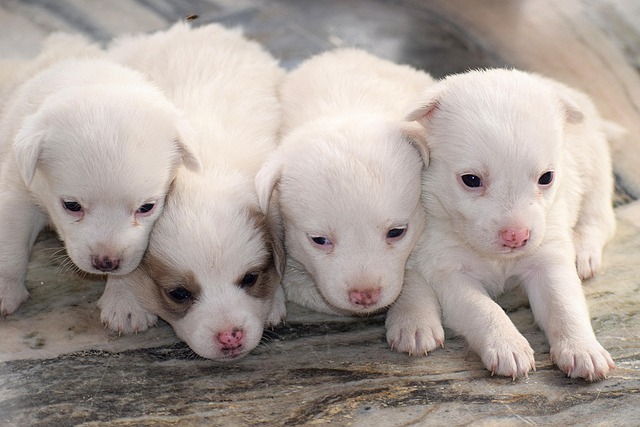
We’ve all seen it – your dog attacks their meal like it’s their last, inhaling kibble in seconds without a single chew. While it might seem comical or just enthusiastic,
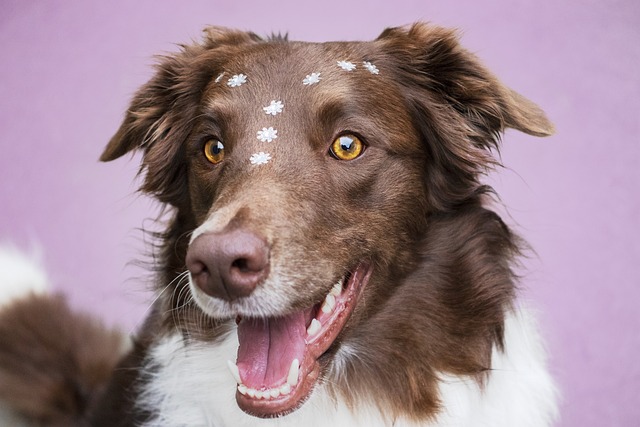
Spotting your dog seeming a bit "off" – maybe slower to get up, less playful, or even trembling – can instantly make any pet parent worry. Could it be a lack of calcium?
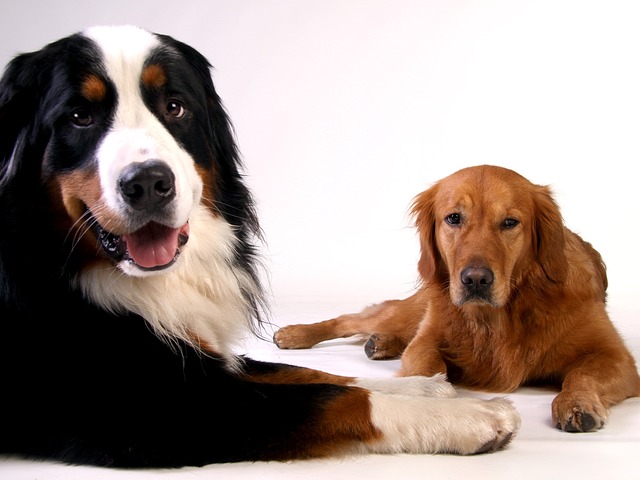
As a Chow Chow owner, those iconic triangular ears—when upright—frame their lion-like mane beautifully. But if your pup’s ears stay floppy or only partially rise, it’s natural to feel concerned.
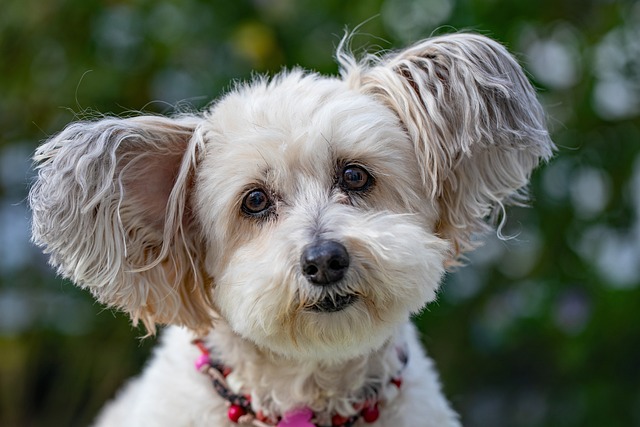
As a dog parent, it’s natural to look for simple, household solutions when your furry friend is dealing with common issues like mild odor, damp fur, or occasional skin discomfort.
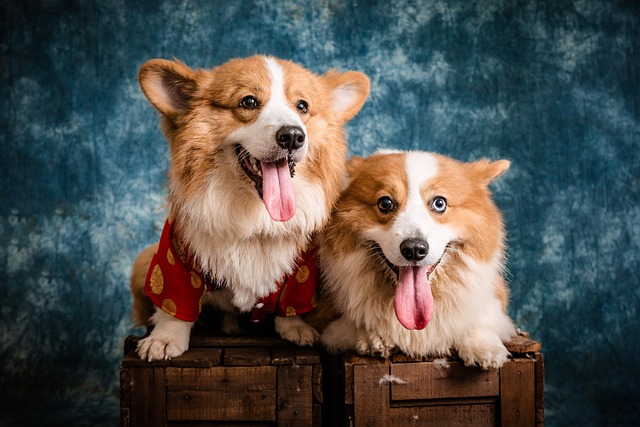
Bringing a Corgi into your life means welcoming a bundle of joy—those tiny legs, fluffy backside, and a personality that’s equal parts feisty and affectionate.